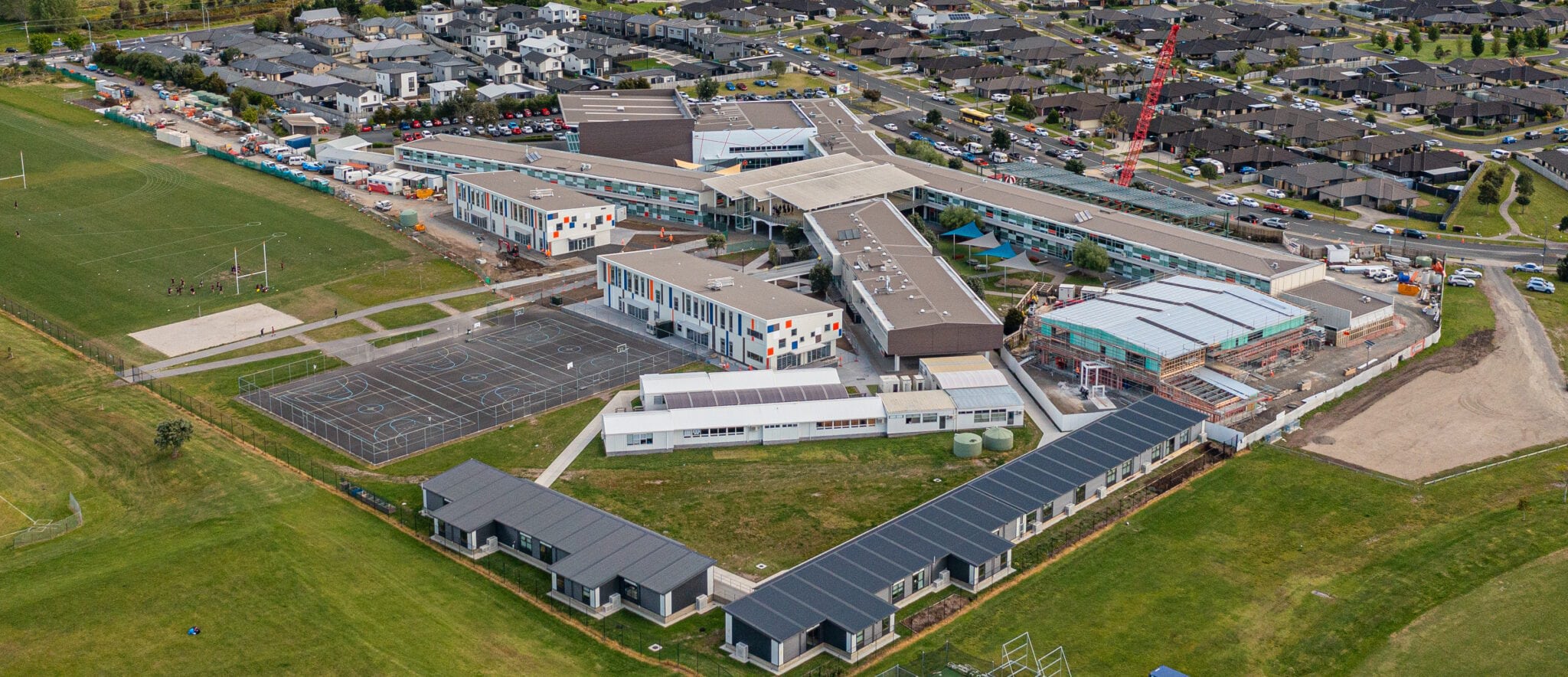With Kainga Ora under review and a pause on school build projects, the construction sector wants to know when it can rely on state-funded projects again.?
Registered Master Builders advisor, and the organisation’s former chief executive, David Kelly said residential and commercial work had come down off post-pandemic highs meaning the Government’s own work programme was needed to smooth the cycle. ?
※People are nervous about where things are at, as part of that cycle, and people who have been around for a while they’ve been through this before but that doesn’t necessarily make it any easier.§?
※What’s important for us is that the Government does two things: one is reform that will help for the longer term. But, in the short term,?it’s really important that the Government keeps up its own building programme. And with a number of reviews like Kainga Ora, or with the education department putting on hold some of the projects, that’s a bit of a concern. ?
※The message clearly to Government ministers has been, &we understand what you’re doing, but it is important that that’s balanced and that you at least keep your own building programme going’.§?
Before the election Master Builders released its manifesto calling on the new Government to think long term about using its commissioning powers to smooth the boom-bust cycle. ?
Kelly said it was not the time to delay or scale back public work that needed doing. ?
※When it comes to the Government’s own programme, like state housing, that’s still needed, that’s not going to go away. So the concern is that the longer things are in a state of flux that we get further behind, and it will never be cheaper, it will get more expensive over time. ?
※Similarly with its own programme at schools and hospitals and so on, that’s not wasted money and it’s going to have to happen at some stage. So the argument that we will put forward and do put forward is this is actually a really good time to get on with it.§?
It comes as a new report released today by advisory from BDO confirms supply chain logistics and staffing are no longer top concerns for construction firms - the pipeline of work (or lack thereof) is.?
Construction and Real Estate Sector leader Nick Innes-Jones said 2025 was going to be tougher than 2024 with fewer than half of firms surveyed for the report sure of work beyond the next 12 months. ?
※A lot of our respondents are the larger size, civil, or contractor businesses?in the commercial space, so they’re large operators and they’ve entered into contracts six to 12 months ago, and they’re working on those projects now. ?
※So there’s concern in terms of that forward work space with higher interest rates and many projects not being really financially viable. So there seems to be a real concern?amongst?the construction leaders in the report about what happens either the end of this year, or certainly going into 2025, and I think 2025 is going to be the tricky year more so than 2024.§?
The report noted cuts to Government funding and projects were a significant contributor to the uncertainty,?along with a slowdown in consumer spending.?
Innes-Jones said the outlook for the residential work pipeline was bleak. ?
※When we looked at who fared the worst, the residential sector was probably under the most strain and?it was under the most strain when it comes to their pipeline of work, with almost 40 percent not having enough work to last more than six months. ?
※That’s probably not surprising, given that our level of consents were down 25 percent, between 2022 and 2023.§?
He said profit margins were also more likely to be squeezed for smaller firms, with inflation and relatively high interest rates causing pain.?
He agreed the Government needed to be clear with the sector about what that pipeline of work would be. ?
※There’s a real opportunity for the Government and the Budget coming out in a couple of weeks to give a lot more certainty in the sector, because a lot of people said they’re?really concerned about the lack of clarity in terms of the forward work and what the Government wants construction companies to undertake.§?
He said it was likely companies would start a ※race to the bottom§ if the uncertainty about forward work remained. ?
※There seems to be far more tendering going on, and if there’s far more tendering for jobs that obviously drops gross margins, and if gross margins drop then the industry becomes a lot riskier.§?


